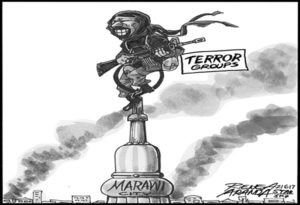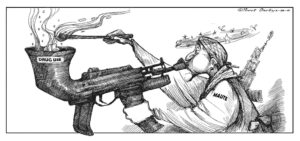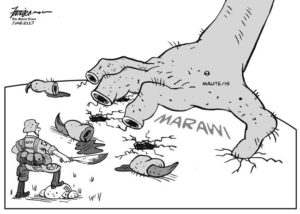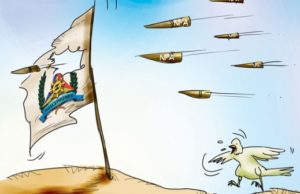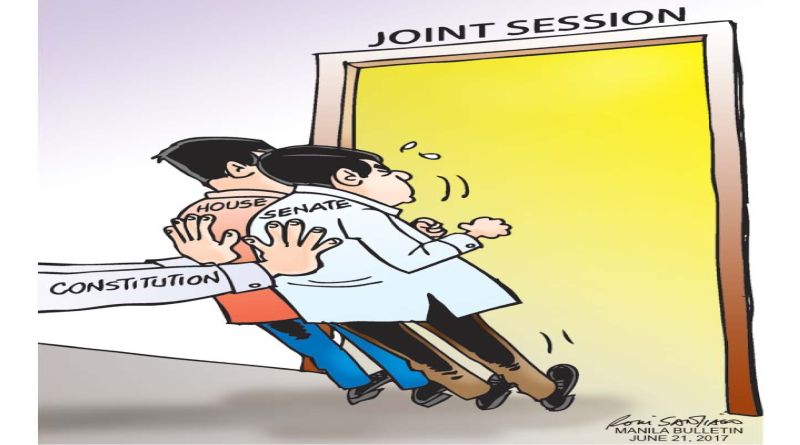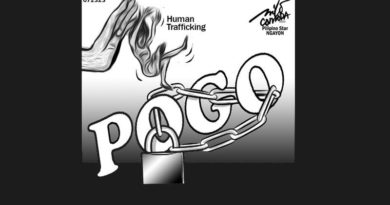Crucial constitutional issues on martial law
The Supreme Court held three days of oral hearings on June 13, 14, and 15, on three consolidated petitions challenging the constitutionality of Proclamation No. 216 declaring martial law and suspending the writ of habeas corpus in Mindanao. We now look forward to July 5 when the court will meet en banc and issue its ruling on that day or the next.
The three petitions basically asked the court to rule if there is actual – not just threatened – rebellion or invasion; and whether the rebellion, if it exists, is of such magnitude that it includes all of Mindanao. Administration officials said the Maute attack on Marawi City, backed by Islamic State fighters from other nations, show there is an actual rebellion. And since the rebels can easily move from one place to another in Mindanao, they said, there is need for a Mindanao-wide martial law.
Considering that the fighting in Marawi continues to this day, the Supreme Court may find that there is indeed an ongoing rebellion, according to some legal authorities, but they hope that the court will set parameters that will limit the proclamation to its present geographical area of Mindanao. There have been fears that the proclamation may yet be expanded to include the rest of the country. A Supreme Court ruling on this matter should help to allay these fears.
Aside from the three petitions questioning the legality of the proclamation, there are two other petitions that seek to compel Congress to meet in joint session and act, either to revoke or extend the proclamation of martial law. The Senate and the House of Representatives approved separate resolutions of support for the proclamation, but the Constitution specifically calls on Congress to decide “voting jointly.”
This may seem like a simple matter of procedure, and the leaders of both the Senate and the House say there is no need for a joint session since the members of both chambers have already expressed their views in their separate resolutions. The members have no intention of rejecting martial law, they said.
Still this is a mere presumption made by the leaders of the chambers. It may be best to simply follow the Constitution and hold joint voting – in a joint session, of course – where each member must vote for the record, so it can be determined if the required majority vote is achieved.
On this issue of a joint session, the Supreme Court asked Senate President Aquilino “Koko” Pimentel III and House Speaker Pantaleon Alvarez to comment in 10 days from receipt of the court resolution dated June 13. A constitutional crisis is feared on this matter as both Pimentel and Alvarez have said Congress should meet in joint session only if it plans to revoke or extend martial law.
We have more than enough trouble with the continuing fight in Marawi City. We hope we will not also have fighting among our highest officials and our highest divisions of the Philippine government at this crucial period of our national life.
